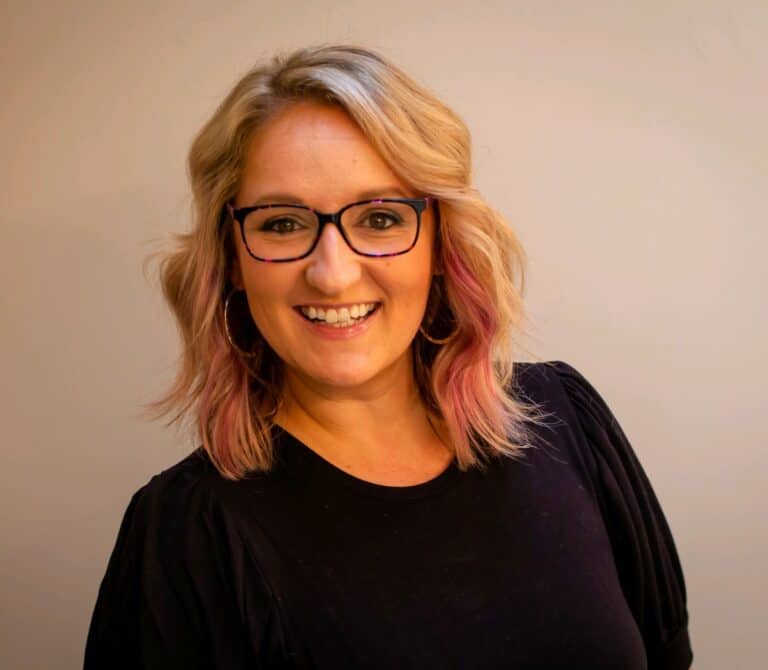School of Communication Science and Disorders (SCSD) Professor Kelly Farquharson was awarded a $2.4 million grant from the National Institutes of Health (NIH) toward a 4-year project which she is pursuing with Co-PI Dr. Katy Cabbage (Washington State University) and methodologist Dr. Chris Schatschneider (FSU Department of Psychology).
 The project, “Academic Progress in Phonological Learning for Elementary School Children with Speech Sound Disorders,” explores therapy environment factors and their relation to speech, sound, and phonological knowledge gains for students in kindergarten to second grade. When asked which environmental factors will be explored, Farquharson explained that the team is most interested in looking at “what works for whom.”
The project, “Academic Progress in Phonological Learning for Elementary School Children with Speech Sound Disorders,” explores therapy environment factors and their relation to speech, sound, and phonological knowledge gains for students in kindergarten to second grade. When asked which environmental factors will be explored, Farquharson explained that the team is most interested in looking at “what works for whom.”
“There are so many factors of the therapy environment that may relate to children’s outcomes in speech, language, and reading,” Farquharson said. “Unfortunately, there really isn’t a lot of available science behind these factors, and so school-based speech-language pathologists (SLPs) do their best to make clinical decisions. We hope to provide some scientific evidence to support ‘what works for whom’ and provide SLPs with solid data to implement best practices.”
A few possible factors they would explore included treatment intensity (how often and for how long a child receives treatment), therapy location, and what treatment approaches are used, though there can be many other factors to consider depending on the case, something Farquharson and Cabbage learned well while working as SLPs in schools.
“This project is a dream come true. Dr. Cabbage and I talked for years about the issues that this project aims to address,” Farquharson said. “The idea for this project has been submitted in some form or fashion to three different funding agencies, six different times, over the past eight years. Receiving this funding is a lesson in persistence. This is truly a passion project for Dr. Cabbage and me.”
The research team hopes the results of this project will help better understand the contexts in which certain children improve due to school-based speech-sound therapy.
“Children who require this therapy often experience difficulties with reading, and that can last their lifetime. If they receive early and appropriate therapy, it truly has the potential to change their lives,” Farquharson said.

